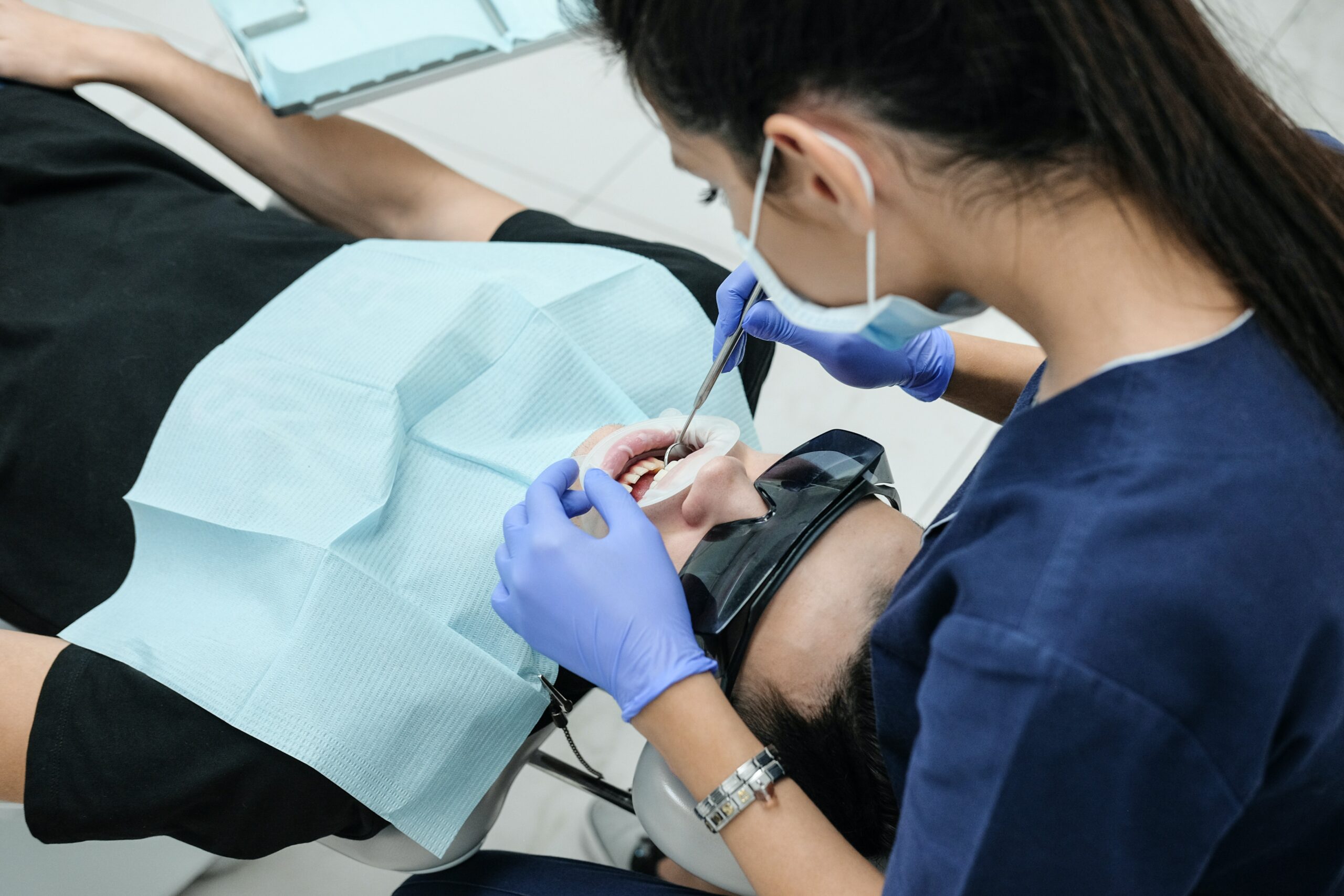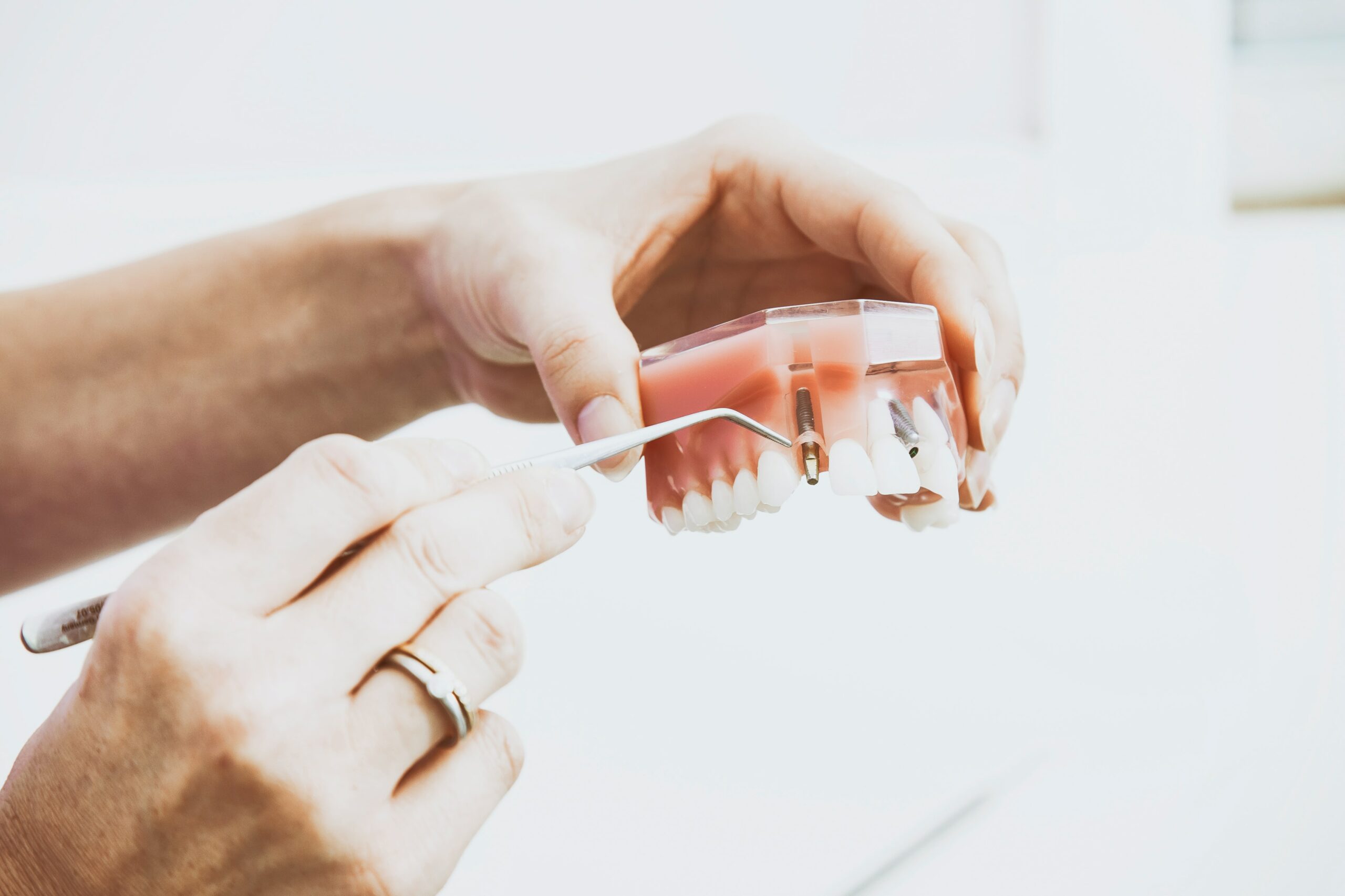A tooth decay, gum disease, or a chipped tooth:
There are most common Dental Crises included but are not limited to. The most effective technique of keeping your teeth and gums healthy is through preventative dental care. On the other hand, everyone must be aware of what to do in a dental emergency, which can occur at any time.
Preventing Dental Crises: The Essentials.
A mouth guard is a must: Do you follow sports?
Show your enthusiasm for the sport without sacrificing your smile. Avoid slamming your face and mouth on the ground and fracturing or knocking out a tooth.
Don’t eat your words:
Many people have oral obsessions with non-food items such as biting their nails and chewing on pen caps, among other things. It’s also possible to break or chip your teeth as a result of these habits. Keep your hands busy and chew sugarless gum to divert your attention away from your mouth. As a bonus, it increases saliva production and the elimination of germs from the mouth.

Pay attention to what and how you eat:
The ease with which you can break or chip a tooth with your teeth will amaze you! If your teeth are otherwise robust and straight, they can be shattered by eating hard candies or rough meats. This is also one of the most common Dental Crises.
Emergencies in Dentistry:
A toothache:
In general, pain is a bad indicator, as it can signify a wide range of health issues, including tooth decay. When it comes to treating toothaches, you can handle some at home; however, others, such as infected gums, require immediate medical assistance. Aspirin and other medicines can burn gum tissue if they come into touch with them, so avoid using them.
To relieve the pain, apply a cold compress to the outside of your cheek and contact a Dental Crises care for quick attention. A knocked-out tooth is a tooth that has been knocked out by other teeth or by force. As with a chipped or cracked tooth, you should pick up the tooth by the crown (the exposed portion of the tooth in your mouth) and only sanitize the root if it is essential.
Scrubbing and dislodging adherent tissue fragments should be avoided. To put the tooth back in place, you may need to be careful not to press it into the socket, depending on how severe the injury.
Filling or crown that is no longer in place:
Restoring damaged teeth to their original beauty and function is the primary goal of crowns and fillings. Should treat a broken one immediately to minimize further damage or reinfection. In the meantime, you might attempt this temporary solution while you wait for Dental Crises care.

When possible, use sugarless gum to treat cavities rather than dental amalgam to prevent further tooth damage from occurring. Bleeding and pain following tooth extraction are the fifth and last complications. When pain and bleeding persist for more than an hour after a dental procedure, it’s time to call your dentist. Bite down on a thick gauze pad to apply pressure to the extraction site as you wait for the extraction.
Infection:
An infection at a tooth’s base or between the teeth and gums is hazardous. In the absence of treatment, they can spread to the surrounding teeth and gums and potentially to other parts of the body. Visit a dental Crises care to treat such issues.

